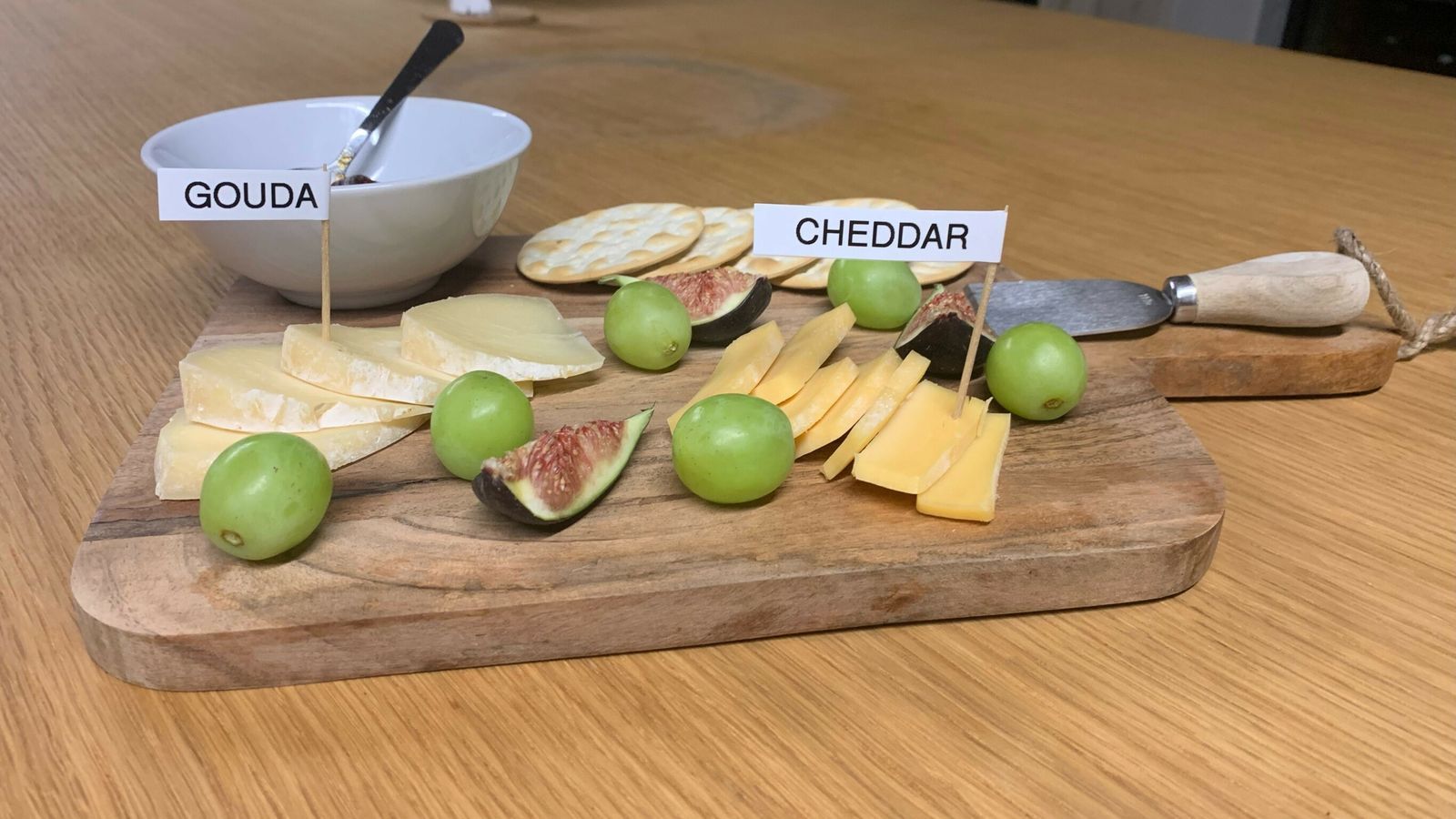A vegan cheese that tastes like the real thing? Lab project working on just that

Cheese-lovers who have tried vegan cheese often bemoan that it won't melt, stretch or brown, and it usually lacks that characteristic tangy, savoury flavour that makes cheese quite simply delicious.
Well, listen up, because plans are afoot to make a new kind of cheese. It will taste and feel just like the real deal, its producers say.
But it is made in a lab. And without any cows.
In east London's Hackney Wick, start-up Better Dairy is recreating the protein in milk that makes cheese, well, cheesey.
"Casein is the thing that gives cheese its melt, its stretch, its gooey-ness," says CEO Jevan Nagarajah. "And so with just casein you are 90% of the way towards traditional cheese."
Much like a brewer adds yeast to make beer, these scientists are using yeast to brew casein.
The process is called precision fermentation, and it could hold the key to tackling climate damage caused by the dairy industry.
Better Dairy simply re-writes the yeast's genetic code to tell it what to make, adds sugar and oxygen, then ferments it in vats to produce casein.
The result is molecularly identical to the real milk protein, but vegan. And that resemblance makes it perfectly safe to eat, they say.
Precision fermentation is used to make things like insulin, vanilla flavouring and supplements in baby formula.
US-based Perfect Day is already selling its cultivated dairy on the market across the pond, having passed regulation there.
It says it can cut emissions by up to 97% and fresh water use by 99%, compared with traditional dairy. And because it can be grown in a lab, it doesn't need any pasture land.
Dairy cows and fields to grow their feed take up the equivalent of 20% of the United Kingdom's land. Much of that space is desperately needed for things like tree-planting, building homes and restoring nature - the UK has some of the worst biodiversity on Earth.
)
)



)
)
)
)
)
)
)
)
)
)
)
)
)
)
)
)
)
)
)
)
)
)
)
)
)
)
)
)
)
)
)
)
)
)
)
)
)
)
)